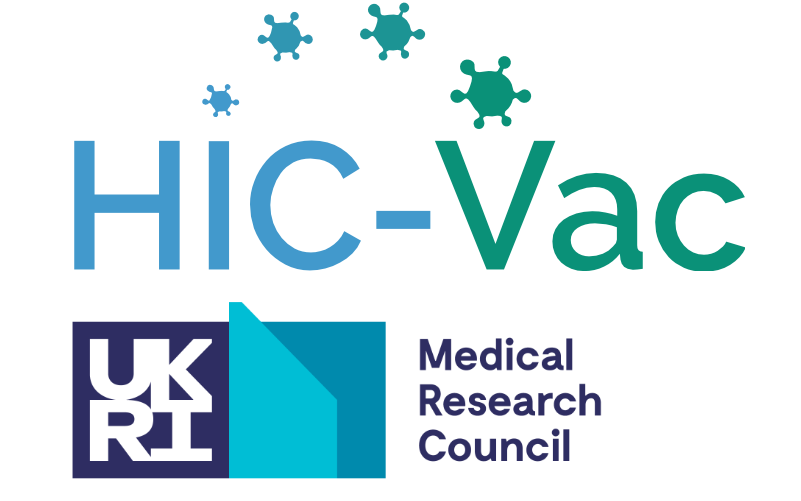Network news
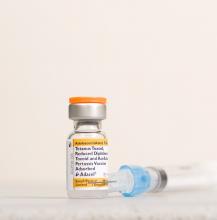
Human infection (or challenge) studies involve the intentional administration of a pathogen (challenge agent) to volunteers.
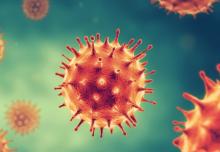
The first results from the world's first SARS-CoV-2 human challenge study have been published as a pre-print. https://www.researchsquare.com/article/rs-1121993/v1

A Perspectives piece on how WHO recommendations were implemented to set up the world's first human challenge study with SARS-CoV-2.
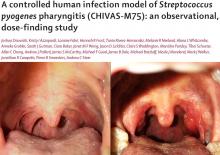
Streptococcus pyogenes is a leading cause of infection-related morbidity and mortality.

The UK will be the first country to run a Covid-19 human infection challenge study, following a favourable opinion from the UK’s clinical trials ethics body.
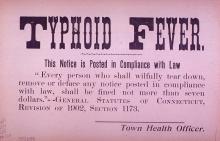
The bacterial pathogen Salmonella Typhi causes typhoid fever, which is a global health problem.
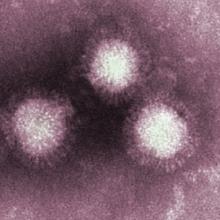
Professor Peter Openshaw has recorded a MOOC Vaccinology session, and describes how human challenge studies are accelerating vaccine development.
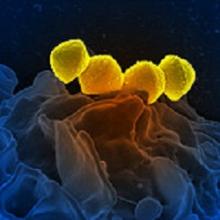
Five research teams are each receiving around £100,000 of seed-funding to help set up or improve human infection studies to better understand diseases, how they spread and develop ways to prevent or treat them.
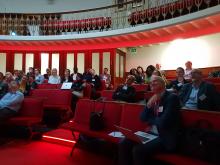
The 2nd HIC-Vac Annual Meeting took place on 12-13 November, 2018, in the beautiful Liverpool Medical Institute.

Guiding principles for researchers applying for funding for human infection studies could help to invigorate the field, according to a new report published by the Academy of Medical Sciences today (July 25, 2018).
Nine research teams are each receiving around £100,000 of seed-funding to help set up or improve volunteer infection studies for a range of different diseases.
Over the weekend of 28-29 April, Imperial College opened its gates to welcome children and their families to the Imperial Festival.

The HIC-Vac Network has received additional funding from The Industrial Strategy Challenge Fund to strengthen links between UK research and industry and accelerate vaccine development.
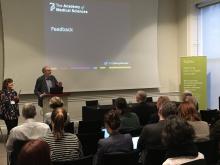
This meeting, held on 6 February 2018 and hosted by the Academy of Medical Sciences and funded by HIC-Vac, the MRC and Wellcome Trust, was a fantastic opportunity for the research community to come together and discuss the regulatory and ethical c
